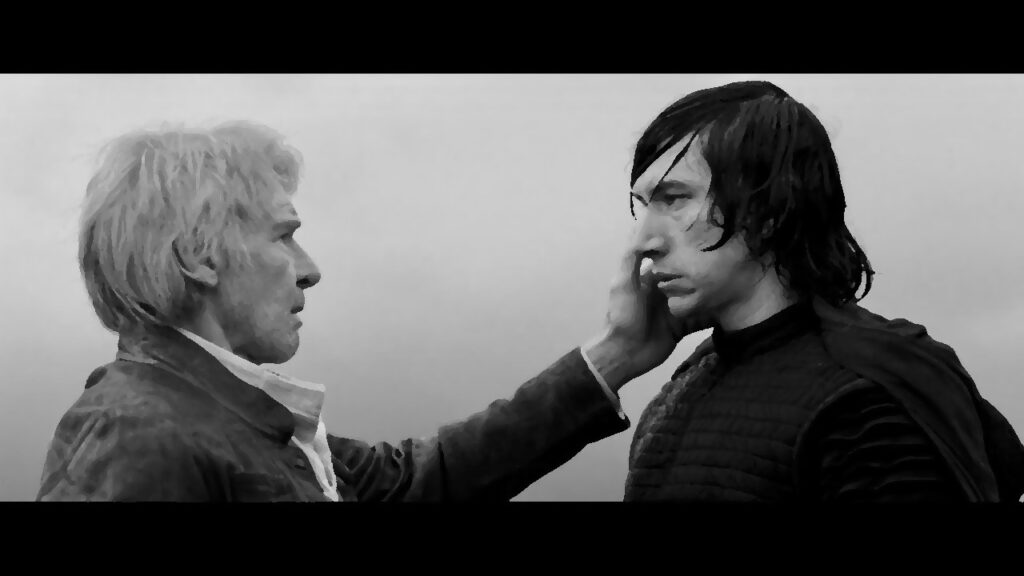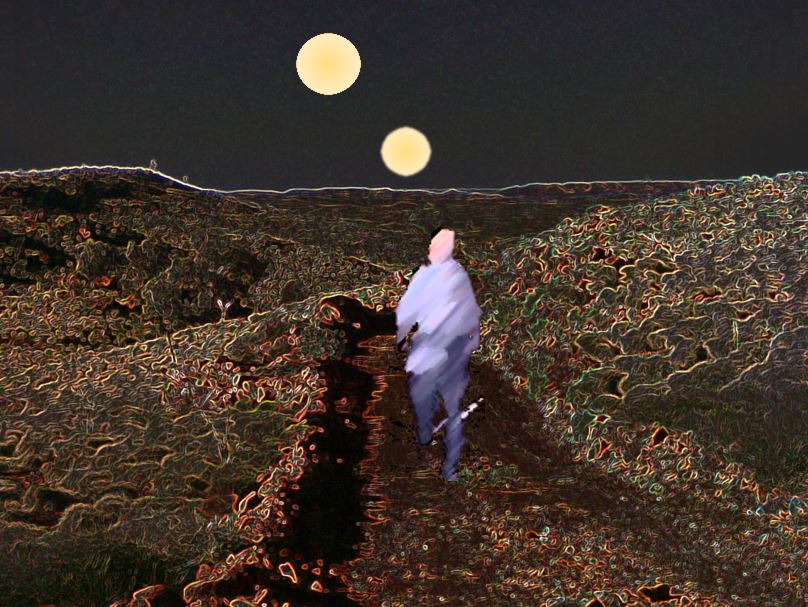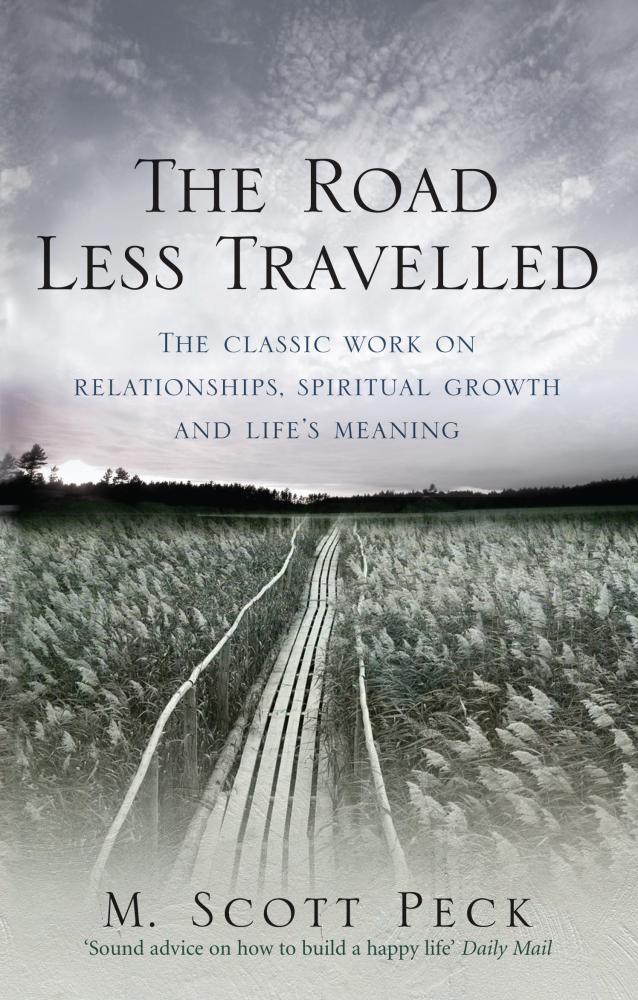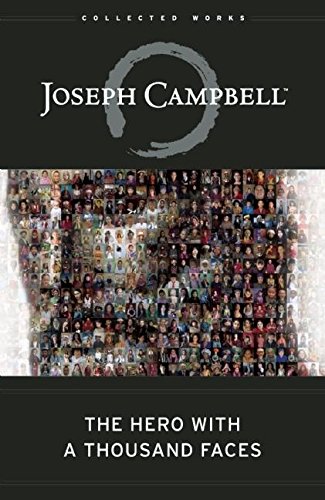“On many long journeys have I gone. And waited, too, for others to return from journeys of their own. Some return, some are broken; some come back so different only their names remain.” – Yoda
I started this blog 5 years ago on May 4, 2017. It was four year, six months since I had had my last drink and chosen the path of sobriety. In May 2014 I had rediscovered the Jedi Path through the Jedi Academy Online website and started my journey as a practitioner of Jedi philosophy. That was eight years ago, and a lot has happened. The Jedi Academy has become Jedi Living and entered a period of hiatus. My Jedi practice has become “normal living”. The goal of any philosophy is to live it so that eventually it becomes you.
After a while effort becomes unconscious habit. That is not to say that practice is perfect, there is no such thing as perfection and life is more complicated than that. Over the last two years there has been a pandemic, before that there was social and political upheaval, now economy falters, and the drums of war beat. Life throws up its challenges. Nothing is for certain; nothing is permanent but after all this time I am still on the path and still sober. I am a traveler who has taken his first steps into a larger world on the “Hero’s Journey”.
“Difficult to see. Always in motion is the future…” – Yoda
Today is May 4th and I thought it timely to post the page from Week 52 of the “Daily Jedi Journal”, the Hero’s Journey. I write this stuck in isolation after testing positive for COVID19. Being triple vaccinated has not spared me from the disease as I expected, a surprise given this is the first time I have been bed ridden with cold and flu symptoms in 10 years. I take that as one of life’s experiences because after all this is a journey and what is that unless the path is strewn with challenges and struggles to overcome as well as gifts to enjoy. To celebrate Star Wars is in essence to celebrate and pay homage to the Hero that resides in everyone. Being Jedi is allowing that Hero archetype to come forth to better your life and the lives of others. So today, as everyday, MTFBWY.
“That’s good you have taken your first step into a larger world.” – Obi-wan Kenobi
Life is a journey. To be Jedi is to seek to live the Hero’s Journey. Over the last year you have taken your first steps into a wider world and began to walk the Jedi Path. The Jedi Path has no ending unless you choose to leave it. This means that being Jedi is a mindset as well as a philosophy for life. It is something that you may pick up and put aside after months, years or decades or continue for the rest of your life. If being Jedi adds value to your life, provides a useful and beneficial framework for solving problems and leads to continuous improvement then is it not worth holding on to? If you find something better, take it.
Marcus Aurelius, possibly the closest example of a Jedi Master to be found in history, wrote “If, at some point in your life, you should come across anything better than justice, truth, self-control, courage—it must be an extraordinary thing indeed”. Even today 1700 years later, those words are applicable. What could be better than having virtues such as courage, self-discipline and doing what you know to be right. Philosophy is not a book on a shelf to be pulled down to memorize quotes for reciting to friends in a café. Philosophy is expressed through virtues, principles, and practices that are demonstrated daily. A philosophy that has no practical application is useless because it is meant to be a moral compass with which you navigate life.
“I am neither a scientist nor a philosopher. I’m a Jedi. I don’t have to explain reality. I just have to deal with it.” – Mace Windu
Carl Jung’s archetype of the Hero in analytical psychology led Joseph Campbell to the monomyth and the Hero’s Journey. Symbols, myths, and archetypes are present in every culture throughout history. All of humanity share a common experience that we all recognize intuitively. George Lucas took the monomyth and created Star Wars capturing the Hero’s Journey in a way that broke into popular culture like never before.
Luke Skywalker was the Hero in Star Wars. He is a young farmer who dreams of adventure. The plans to the Death Star come to him through R2D2 which had also been the Droid belonging to his father, Anakin. Fate leads him to Obi-wan Kenobi who becomes his guide. Through tragedy he accepts the call to adventure when his uncle and aunt are slaughtered by Imperial Troops. Luke experiences many challenges and finally arrives on Dagobah where Yoda trains and mentors Luke in becoming a Jedi. On Dagobah he is forced to confront his shadow and integrate it.
“Through the Force, things you will see. Other places. The future… the past. Old friends long gone.” – Yoda
Luke enjoys victories and suffers setbacks learning from them. On Cloud City he confronts his nemesis and discovers that Darth Vader is his father plunging him into a dark existential crisis, hitting rock bottom, from which he is reborn and returns stronger. In “The Return of the Jedi” Luke finds atonement by redeeming his father and defeating the Dark Lord. The Force finds balance and Luke completes his journey reuniting with his friends and returning home carrying the prize of his adventures.
The Hero’s Journey is the process by which the Hero archetype achieves individuation, the overcoming of the ego persona and the full realization of the self. Luke Skywalker arrived at his destiny by embarking on an adventure into the great unknown. This required sacrifice and suffering. To arrive at the destination and become completely whole, one must embrace both the light and dark sides of the self. This brings the Force in to balance.
“You think Yoda stops teaching, just because his student does not want to hear? A teacher Yoda is. Yoda teaches like drunkards drink, like killers kill.” – Yoda
Within every person is a need to grow, to learn and expand. In each there is a desire to enter the unknown and find themselves there. Humans are driven to seek, explore and work to arrive at a place of self-knowledge and self-actualization. When they are prevented from doing so, they struggle and suffer. Every person deserves to strive to reach their potential in life. This is the Force.
It is unlikely you will ever reach enlightenment. Perfection is neither realistic nor possible. To practice the Jedi Code for 24 hours is hard enough. But each 24 hours is a chance to build on the previous day. The journey is to know thyself. No one knows how much time they have. Your job is to use that time wisely.







